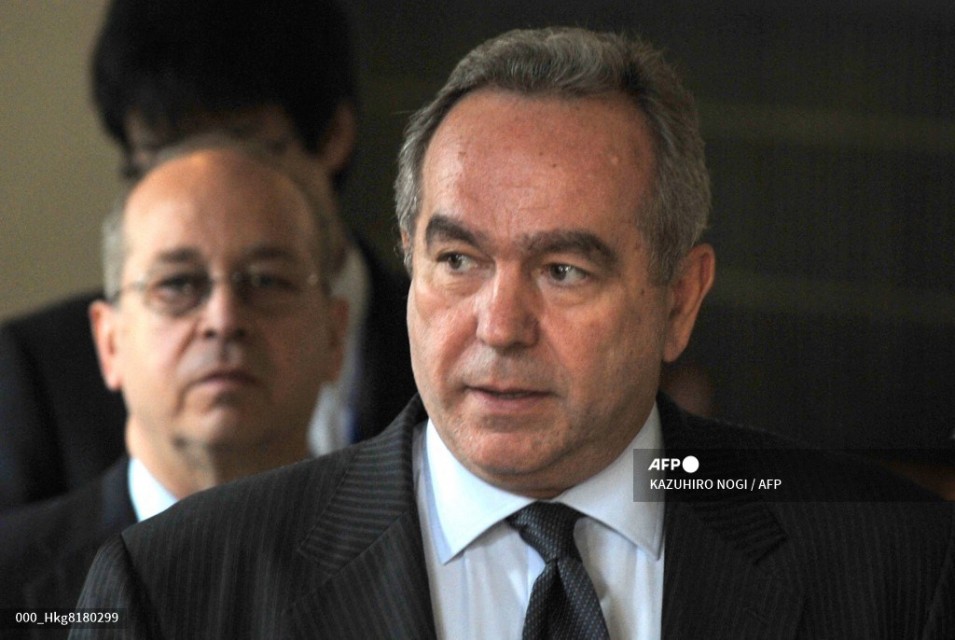
WASHINGTON, United States (AFP) — The United States will seek close security ties with the Philippines under its next president, the son of late president Ferdinand Marcos, despite “challenges” due to historical baggage, a US official said Wednesday.
“There are some historical considerations that probably make this — at least initially — there will be some challenges in the communication,” said Kurt Campbell, the top White House official on Asia.
“But obviously (the) Philippines plays such a critical, important role and we will seek to continue close partnership in the security realm and increasing trade and economic ties,” Campbell said.
“Our expectation is we’ll be able to continue to work closely,” he added.
Campbell, speaking at the US Institute of Peace ahead of a summit in Washington with Southeast Asian leaders, said the United States would seek “early engagement with the newly elected Marcos administration.”
After ruling the former US colony for two decades with support from the United States, which saw him as a Cold War ally, the late president Marcos went into exile in Hawaii in the face of mass protests and with the nudging of Washington in 1986.
The younger Marcos, nicknamed “Bongbong,” will succeed President Rodrigo Duterte, who has waged a brutal war on drugs that rights groups say has killed tens of thousands.
Campbell, not mentioning human rights, said that “relations under President Duterte really rebounded towards the end, at least at the strategic level.”
After taking office in 2016, Duterte used profanity to denounce Barack Obama after the then-US president raised rights concerns.
But Duterte enjoyed vocal support from Obama’s successor Donald Trump and the United States across administrations has backed the Philippines in maritime disputes with China.
© Agence France-Presse








